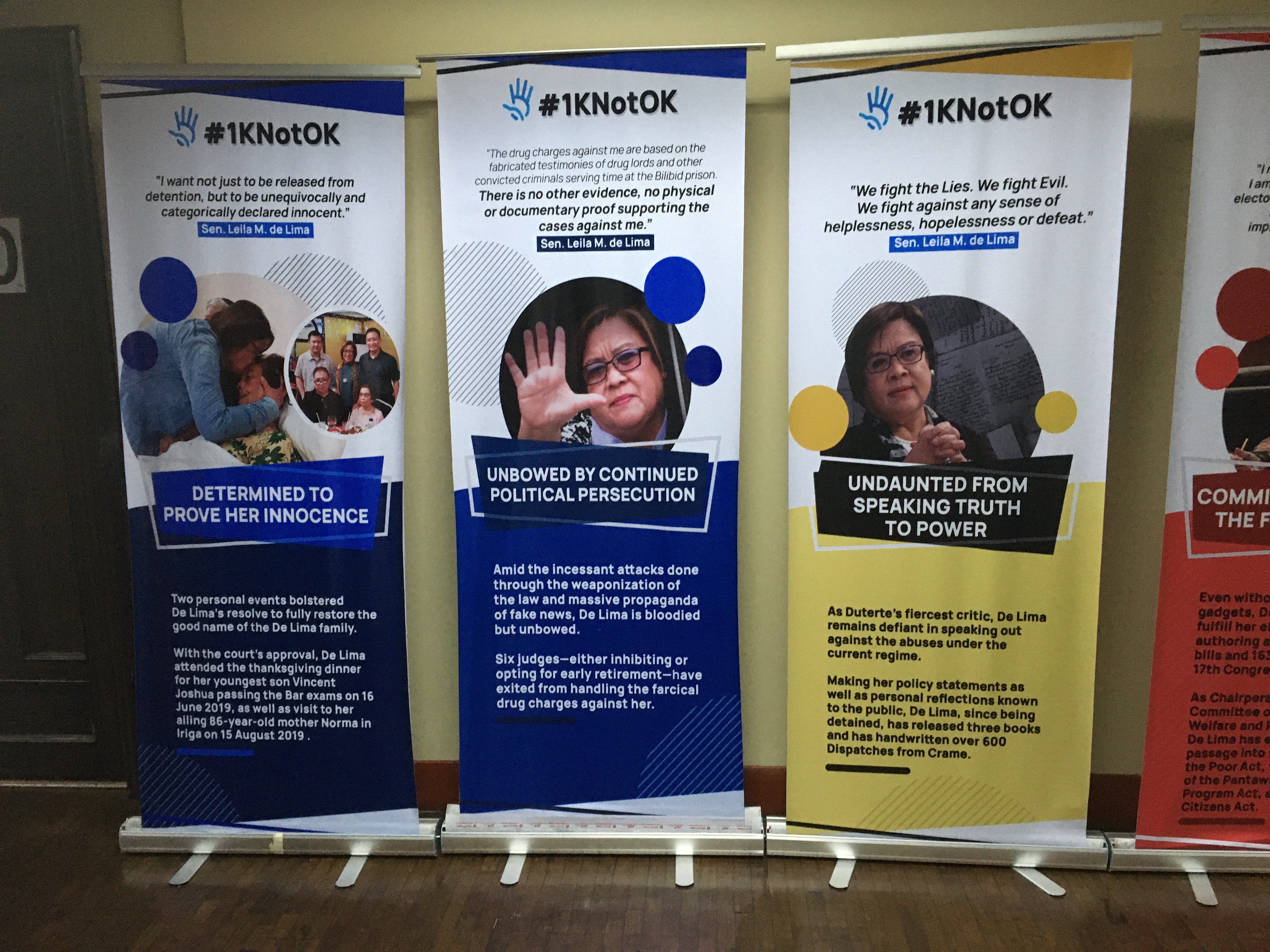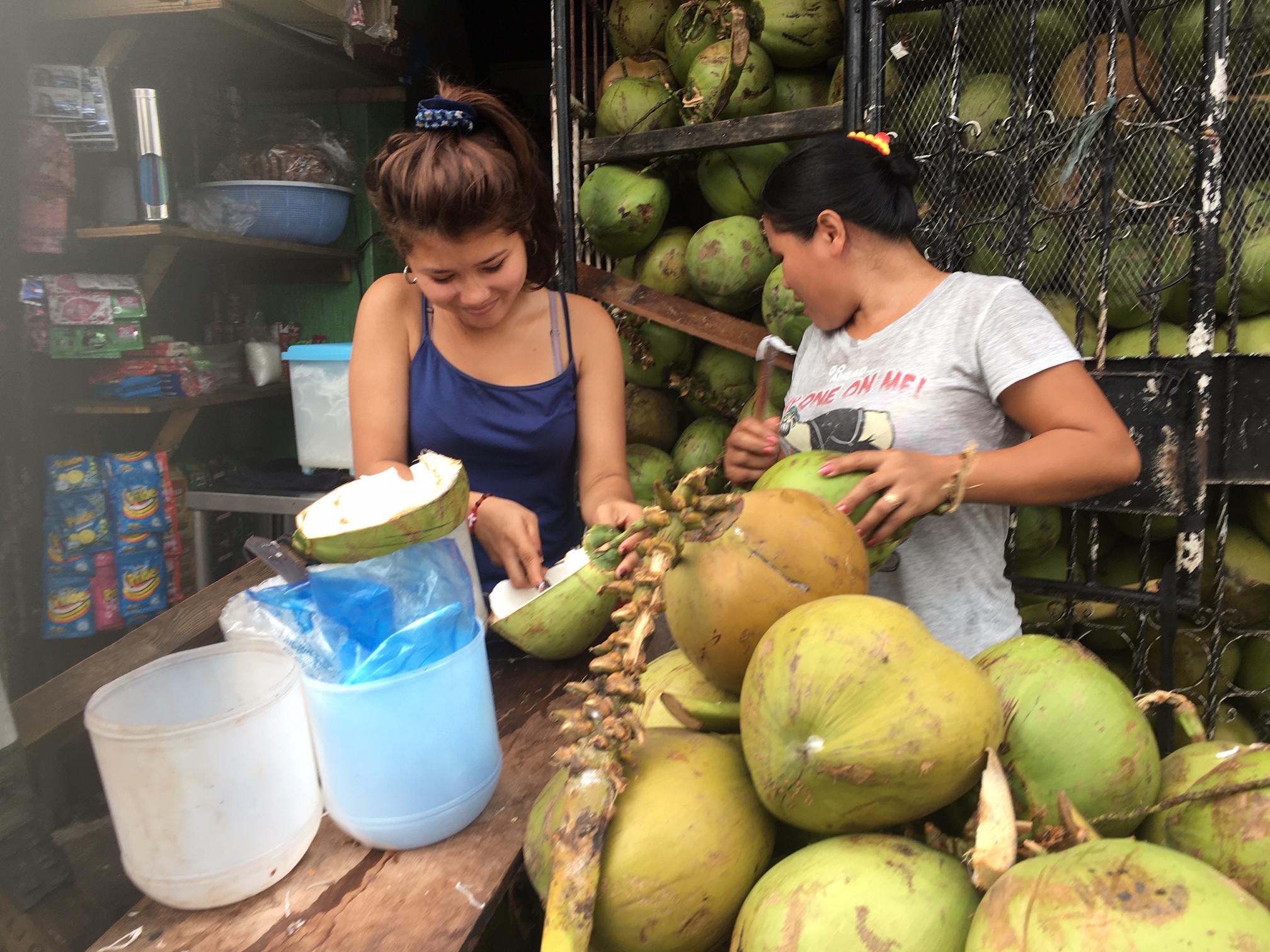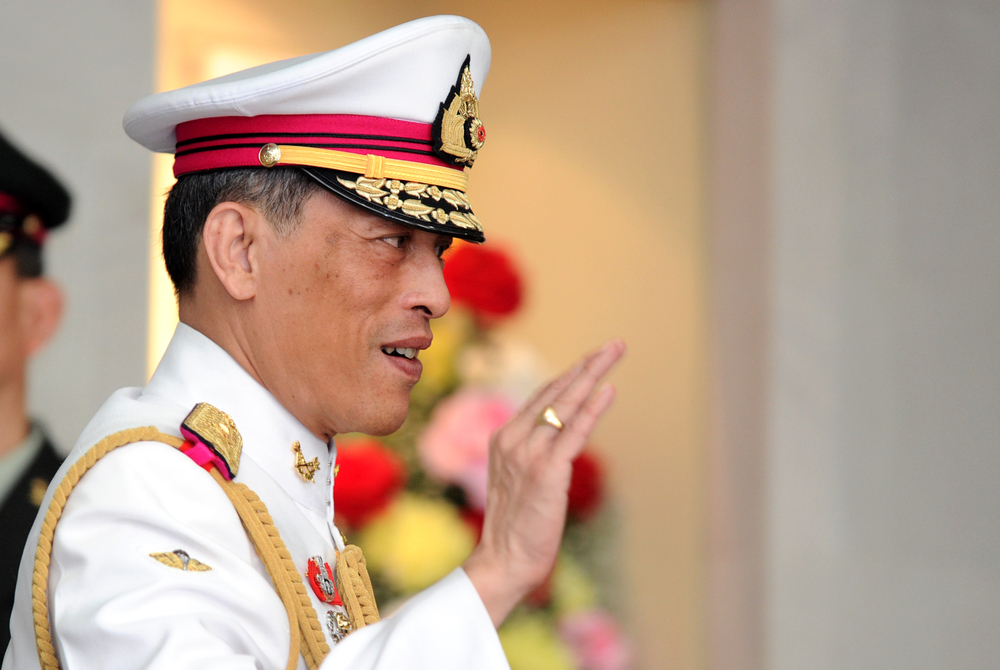Vilified in the West for demagogy, for his disavowal of democratic norms and, especially for the thousands of extra-judicial killings that have taken place in the first three years of his presidency, Rodrigo Duterte is nonetheless the most popular president in recent Filipino history, with approval ratings of 80 percent and higher. How is this the case in a country whose political model was once the United States, and where, some three decades ago, a popular uprising overthrew another dictator, ushering in what many assumed at the time to be rebirth of democratic spirit? How has Duterte done it? Does his unrivaled popularity indicate a kind of fatigue with the slowness and inefficiency of democracy, a deep wish for strongman rule that won't soon be extinguished? The same questions apply to Prime Minister Prayuth Chan-Ocha of Thailand, the former army commander who engineered the overthrow of the country's last democratically elected government in 2014. In the five years since then, Prayuth has defied predictions that the Thai people wouldn't stand for permanent authoritarian rule. Through a combination of tough measures against opponents, a powerful defense of the Thai monarchy, and a return to some of the forms if not the content of democratic procedures, Prayuth has consolidated his authority. Recently, a new king was crowned in a country deeply attached to its monarchy, and he has moved quickly to expand his authority and power. Does the king represent a counterbalance to the power of the military, or do his moves actually reinforce his country's move toward authoritarianism?









